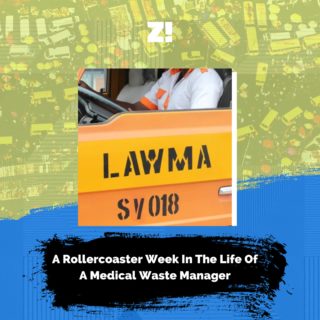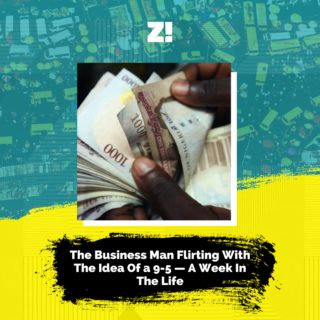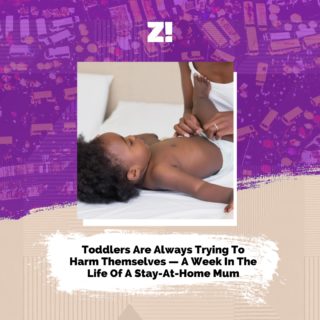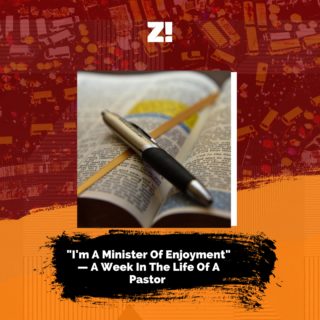
My Bookclub recently read “So you’ve been publicly shamed” by Jon Ronson. The book talks about the history of public shaming and the re-emergence of public shaming due to Social media. Notably on Twitter.

Here’s what some members had to say about the issue of public shaming. Read and share your thoughts with us.
Anu/Female.
“After going through my Twitter timeline, my conclusion is that dragging/public shaming in Nigeria rarely has long term/life-altering consequences. However, I believe that it can be a useful teaching tool.
Dragging generally allows for introspection. Whether I’m the one being dragged or its another person being dragged, we’ll think twice before saying anything online. Yes, we should try not to public shame. Yes, we should also remember that a person is more than their flaws, but dragging has its uses.”
Kris/Male.
“I believe that public shaming is too dangerous a tool to be left in a setting without clear rules. It is more effective when people are taught from a place of comprehension and clarity than when you brandish fear.
Public shaming is fear unbridled.
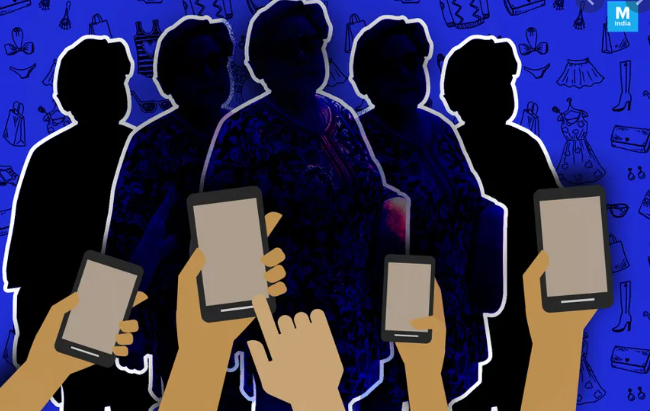
It is a deeply human thing to be scared of public humiliation, so we conform out of fear. There will always be those who are immune to fear. Truthfully, given enough time, public shaming methods must evolve unless they will lose their power. Setting up and constantly refining our justice system is our safest bet in the long run. The law is not perfect, but it can be made so.
A mob is what public shaming becomes, and a mob is not a reliable means of dispensing justice. Now imagine a mob that never really dies. When you are publicly shamed on the internet, it remains with you forever. There is no real forgiveness on the internet. Only punishment, condemnation and sometimes bullying people to accept truths that might be subjective.”
Fikun/Female.
While public shaming/calling out can seem like a faster way to get justice, it isn’t necessarily a better option. The ease with which people post and reshare things can easily blind us from critically reviewing the allegations we’re making against others.
It’s also easy for things to be blown out of proportion. Sometimes, in ways that it wouldn’t have if the Internet wasn’t involved.
Ultimately, the Internet and social media are relatively new forms of communication. However, we are gradually learning more about the effects it can have on everyday life. Hopefully, we will find better ways to regulate it.”
Lulu/Female.
“Online shaming is an imperfect tool in a world like Nigeria where justice can be hard to get. I understand how it can spiral out of control. It’s certainly always necessary to give people second chances, but I still believe it can be an effective teaching tool.
Harsh as that might sound, it forces us to analyse ourselves and step up our standards.”
Val/Female.
“Online shaming is a useful tool that is mostly wielded by inexperienced, self-righteous, impatient and easily angered people. It has its pros but it has its serious cons. I strongly believe that until there’s an appropriate governing body, it’s a tool that should be wielded with utmost care. It should only during the direst of times. I fear that we are raising a generation that is politically correct online but trash offline.
We do not want a world where people have perfected wearing masks.”
Damola/Female.
“In my opinion, online shaming sprung from the power of communication I.e the internet made the world a smaller space. It’s a manifestation of too many thoughts and can be likened to a public trial. Its effectiveness is subjective as there will always be different outcomes for presented cases. However, it should always be at the back of our mind that it is not an exemplary means for justice.”
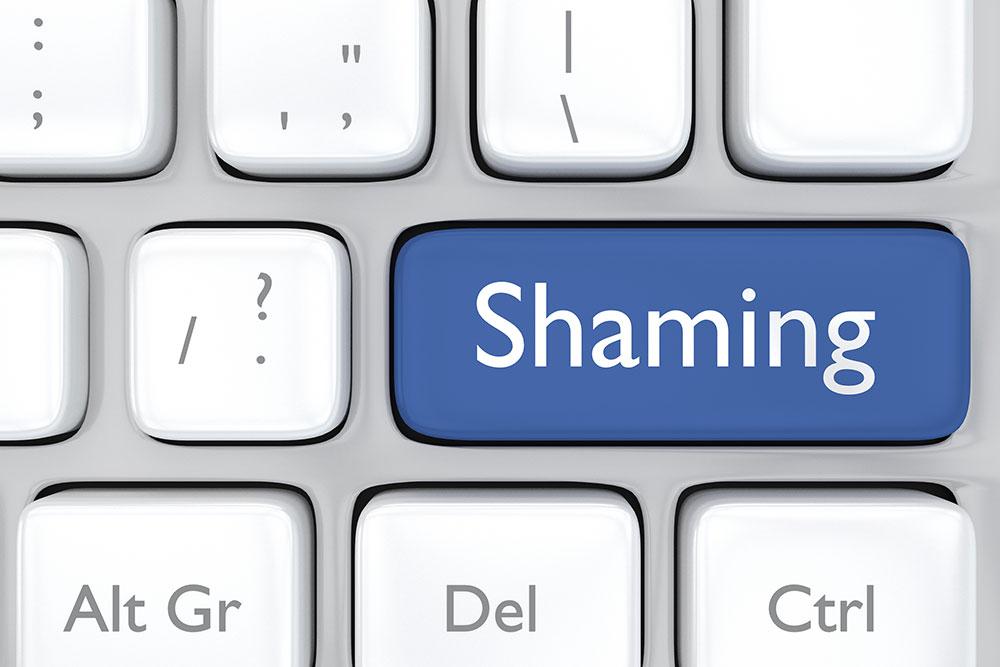
Tunmi/Male.
“In my opinion, making social media the kangaroo court for cases is a big issue. Defining what is right without any guiding principles is very subjective as we have different moral compasses. People end up acting based on impulse and emotions – no one questions whether it is true or not. The minute you are accused, you are likely to be dragged.
I also can’t ignore that in order to avoid being shamed, it has also brought about faster responses to accusations. Like Ramsey Nouah and his employee’s story. So it’s a two-sided tool which is currently not balanced.”
This story was edited for clarity. Some details have been changed to protect the identity of the subject.
What do you think? Share your thoughts with us!

